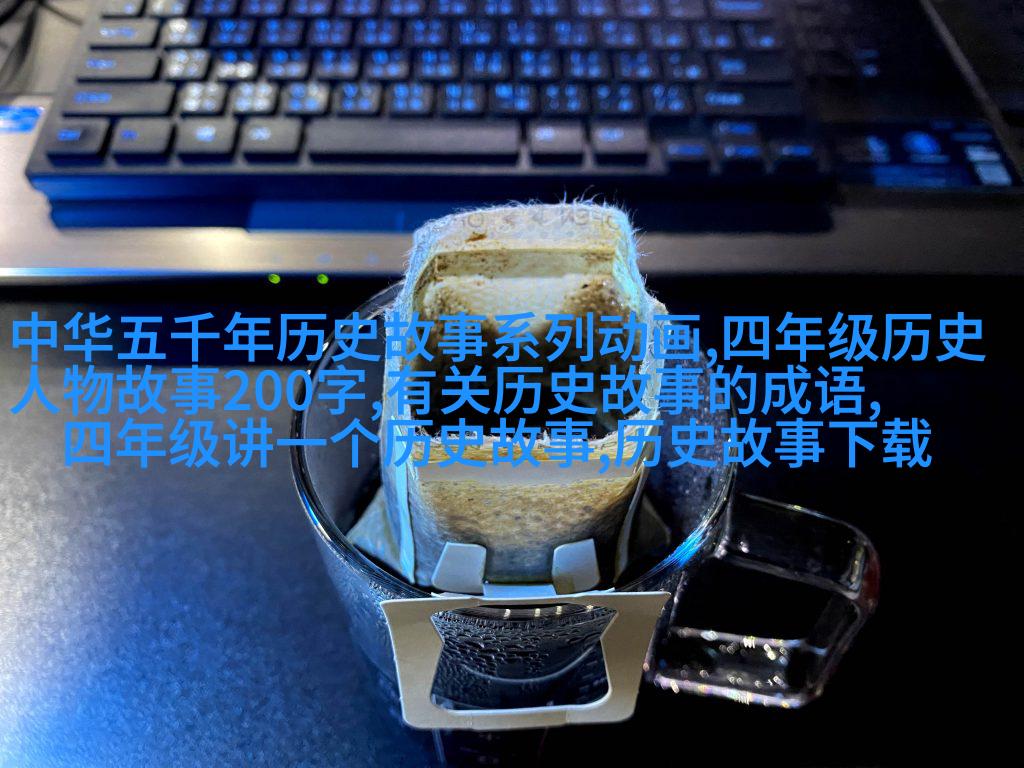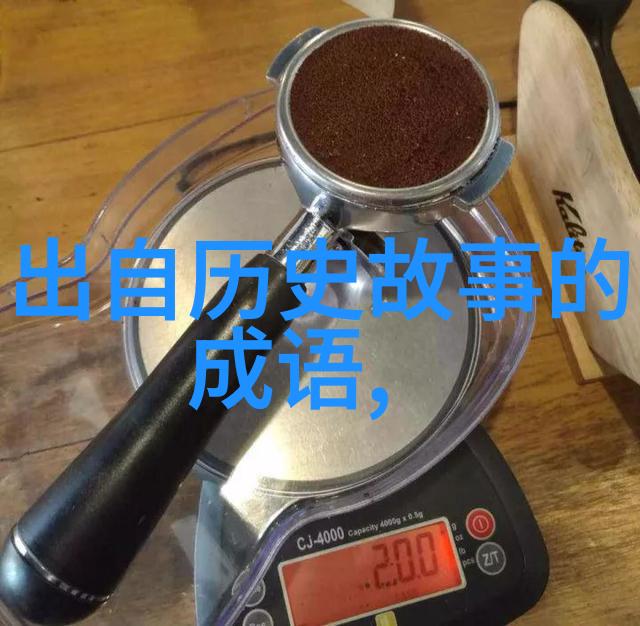当今世界,任何一个国家的稳定,都取决于其人民在两个层面上的认同:其一是对国家民族的认同,即“这是我的国家和民族,我是这个国家民族的一分子”;其二是对国家体制的认同,这不仅仅是对体制的拥护,而且是从根本上认识到“国家的制度保护我的根本权利,因而代表了我的根本利益”。 显然,一个国家中人民的两个认同感越强烈,稳定性就越高。在这样的国家里,尽管可以有经济低迷、高失业率、高犯罪率、贫富差距悬殊、官员贪腐、效率低下、丑闻等种种弊端,也可以有怨声载道、甚至政府因财政拮据而暂时关闭等乱象,但整个社会却能始终保持稳定并依法有效运转,不必担心会发生什么人民起义、大规模颠覆性事件。反之,一个国家中如果两个认同感都很脆弱,则大规模动荡就很可能发生。一旦发作,不但要颠覆体制,甚至会撕裂整个国家民族。比如苏联和南斯拉夫,就因为这些问题导致了最终的解体与崩溃。 孔子曰,“君者,舟也;庶人者,水也。水则载舟,水则覆舟”。这个载舟覆舟的定义,被历代帝王奉为治政的座右铭。然而,当我们今天审视历史时,这个“载舟覆舟”论似乎存在一些误区,其荒谬之处,在于将所谓江山社稷归之于君王,与庶民百姓无关。如果真是如此,那么我们是否应该质疑那些以此为座右铭的人们,他们所说的忠诚与承诺又基于何种基础?明主当朝,我们或许能够见证山呼万岁;暴君问政,我们或许只能目睹群起抗暴。但无论如何,一切都围绕着这一点:即使是一位统治者的支持者,他也不应忽视他作为臣子的身份。这意味着,无论身处何地,他都是站在那个共同命运的大船上,而不是独自一人在波涛汹涌的大海上航行。

这条新路,就是要将那艘船与周遭水域合二为一,将全体公民共同参与进来,从而使他们充分认同,而不只是表面的拥护。这需要的是一种新的理念——让每个人成为这艘船的一部分,让每个人都意识到自己的存在对于整体来说至关重要。
现代化给人们带来了两大好处:首先,是经济独立性,比如妻子离开丈夫也能独立生活年迈父母无需子女供养也能靠养老金安享晚年—all these are unimaginable in a traditional agricultural society. Secondly, modernization transformed people's most important economic resources from immobile land to portable knowledge and skills, giving them complete social-economic dynamism.

This shift in values has led to the replacement of "loyalty, filial piety, humanity and righteousness" as core values for citizens with "equality, freedom and independence". It is this active participation that has created a broad and lasting sense of belonging among the population. All developed countries today have one thing in common: they all adhere to some form of participatory governance system. This is not by chance.
The reform and opening up that has been successfully implemented in China since 1978 has propelled it onto the fast track towards modernization. The irreversible process of modernization will inevitably give rise to an increasing public consciousness. And it is precisely this rising tide of public awareness that prompts people to actively participate in public affairs according to the rules laid down by their country's constitution and laws.

If guided positively, this expanding scope for civic engagement will continue to strengthen people's identification with their political system—laying a solid foundation for long-term stability.
As we reflect on history through such lenses, it becomes clear that there was never really any doubt about who held power or where true loyalty lay. The emperor may be called upon as vessel; but he cannot navigate without his crew—the ordinary people who make up his nation’s sea-level terrain.

So what does this mean? That even though we can talk about emperors ruling over kingdoms or dynasties being built on water alone—it is ultimately still just a metaphor for our shared existence within these systems.
In short—our very lives depend on how well we can navigate our collective journey together.

That means recognizing both where our individual interests lie within those broader systems—and also working collectively towards building more equitable societies.
For too long now many have lived under regimes where personal freedoms were limited due largely because they were seen as mere subjects rather than citizens entitled rights which should include protections against arbitrary imprisonment or forced labor at gunpoint
But what if you could live your life free from fear
Of losing everything simply because someone else thinks you're wrong?
What if you could grow old peacefully knowing your children would always be safe?
And what if you could die with dignity knowing your loved ones had access
To healthcare when needed most?
These aren't just pipe dreams anymore – they’re becoming reality thanks
To progressive policies enacted across various countries worldwide.
So let us celebrate progress made so far while continuing striving forward toward better futures ahead!



